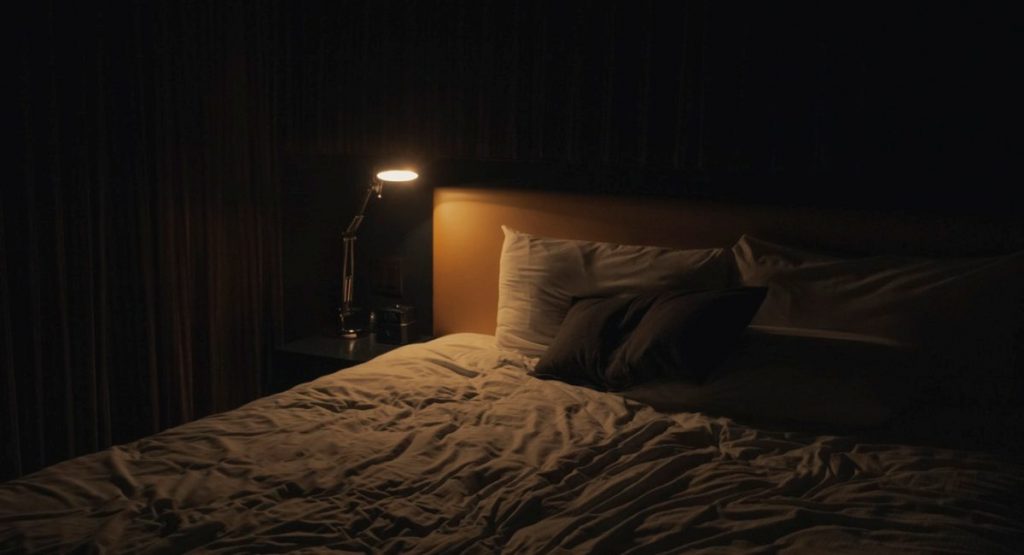
In our modern digital age, screen use at night has become a ubiquitous part of daily life. Whether it’s checking emails, scrolling through social media, or binge-watching shows, screens are a part of our daily lives. Emerging research has highlighted significant concerns regarding the impact of nighttime screen use on our health. This article will go over some of these issues, drawing insights from a Harvard study to help us better understand the consequences and offer practical tips for mitigating the negative effects of screen use.
A study was done by researchers at Harvard that explains how light -emitting eReaders affects sleep. It turns out, there are many reasons why screen use at night affects sleep quantity and quality. An eReader is an electronic that emits blue light, the same as a T.V. or phone. Using these devices right before bedtime prolongs the time it takes to fall asleep, delays the circadian clock, suppresses levels of the sleep-promoting hormone melatonin, reduces the amount and delays the timing of REM sleep, and reduces alertness the following morning.
How Screen Use at Night Affects Circadian Clock
A circadian rhythm is the flow of sleeping at night and being awake during the day. Brains have a natural clock that keeps track of days based off when the sun goes down and rises. The blue light emitted by electronics confuses the brain because the brain takes it as sunlight. The rest of the problems induced by using screens before sleep is in response to this natural clock being thrown off.
Longer to Fall Asleep
The participants using light emitting devices (eReaders) fell asleep an average of 10 minutes slower than the participants who were not on an eReader. Results showed that being off electronics, or reading a book, at least 30 minutes in advance of sleeping was best for health.
How Screen Use at Night Affects Melatonin
Melatonin is the sleep chemical produced by the brain and is key to maintaining a proper circadian rhythm. Because blue light emitted from phone screens confuses the brain’s internal clock, Melatonin is not produced as effectively. Without Melatonin, your body will not enter deep, restorative sleep.
REM Sleep
Rapid eye movement (REM) sleep is critical for restoring the mind and body. Participants using eReaders before bed had significantly less REM sleep. Lack of REM sleep damages critical thinking, creative skills, and can leave you in a fog the following morning.
Morning Alertness
The study showed that reading a screen before bed caused a groggy and sleepy feeling for participants in the morning. The participants using the eReaders reported taking hours longer to fully wake up in the morning than did the ones who read a regular book.
Get affordable health insurance quotes by clicking here.
Or call us directly at 1-844-410-1320

